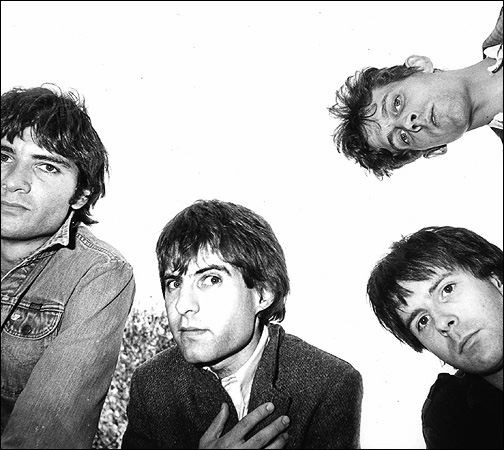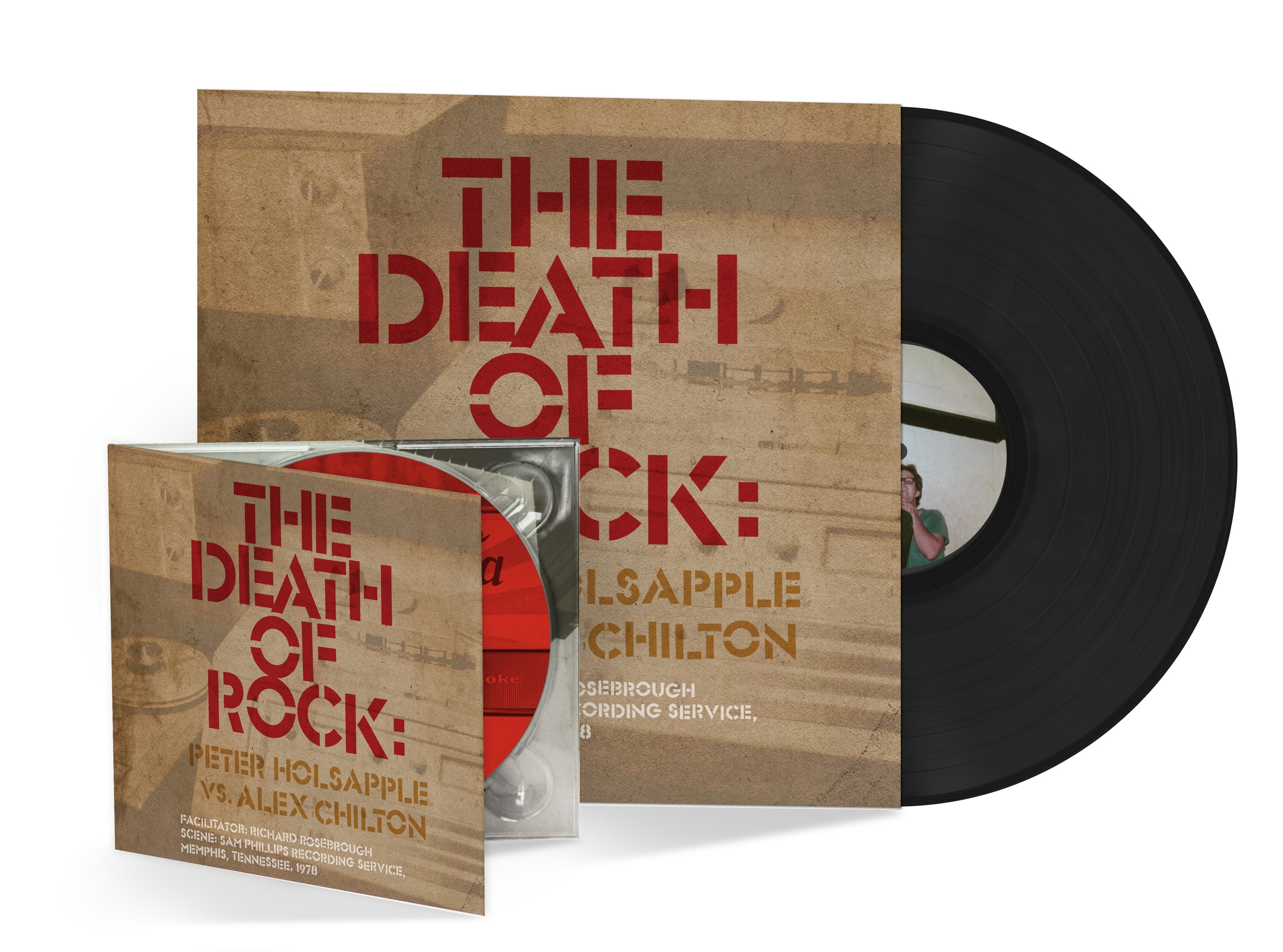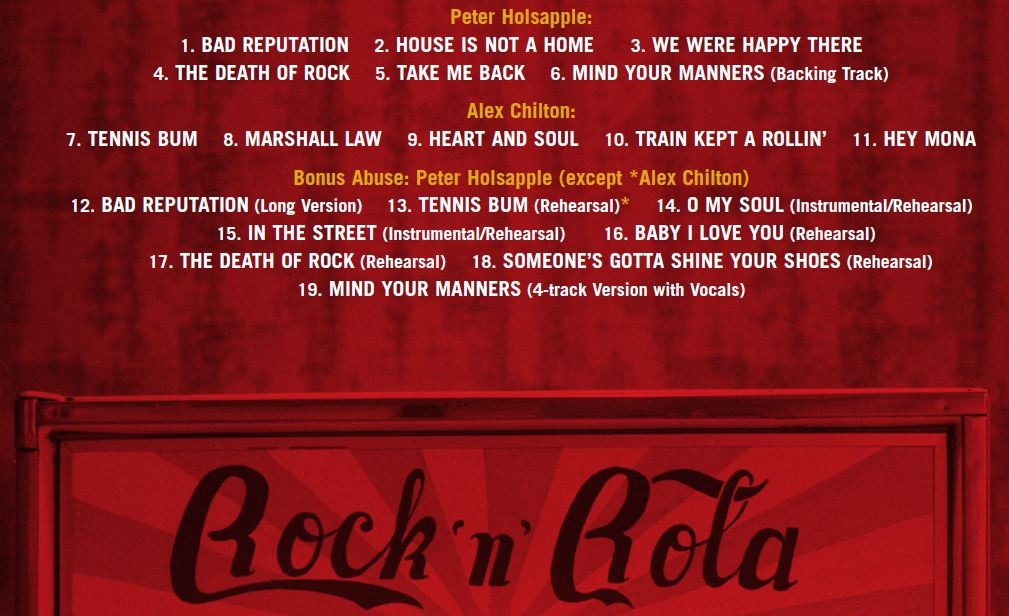The Continental Drifters were a band whose lineup alone would turn heads. Though members came and went over the decade or so of their existence, the personnel settled to include Peter Holsapple of the dB’s, Mark Walton of the Dream Syndicate, Vicki Peterson of the Bangles, Susan Cowsill of The Cowsills, and, most notably for Memphians, Robert Maché, the journeyman guitarist who played with Steve Wynn for years and now lives here, often seen playing with his wife Candace in Dan Montgomery’s band, or touring with Dayna Kurtz. Yet despite their collective pedigrees, they never quite “made it” in terms of sales or record deals, perhaps because all involved found the “supergroup” tag repulsive. That’s one of the few things they all could agree on, as is made clear in Sean Kelly’s new book, White Noise & Lightning: The Continental Drifters Story (Cool Dog Sound), which traces the group from before they coalesced until after they’d broken up. One strength of the book is that all living former members embraced this chance to speak freely and tell their story. And Holsapple is particularly blunt about the “supergroup” tag.
“We were hell-bent on not seeming like this purported busman’s holiday,” he tells Kelly. “We were so irked by that description that it was this sort of ‘sometime supergroup.’ It was like, ‘Fuck. You really are just not getting it, are you? This is a band.’”
That latter point also comes through loud and clear, as Kelly delves into the complex, Fleetwood Mac-level entanglements between the members that, despite making relations fraught at times, also sealed the family-like bond between them. And that bond seems to have been, in retrospect, a key to the group’s sound, a brand of roots-infused alt-rock with a strong focus on harmonies and songwriting that might today be labeled “Americana” but had no such pigeonhole in the ’90s.
Indeed, the book deftly conjures up the spirit of that era in Los Angeles, where the group began. The respected session drummer and producer Carlo Nuccio, who appropriated the band’s moniker from a group of the same name he’d played with in his native New Orleans, was a focal point, sparked by his relocation to L.A. and his talent for gathering like-minded souls around him. Eventually, he and friends Mark Walton and Gary Eaton were rooming together in what they called the “Batch Pad” (at a time when native Memphian David Catching was also in their orbit), and, sharing similar tastes, formed a band that also included guitarist Ray Ganucheau and keyboardist Dan McGough. By 1991, the newly formed Continental Drifters had taken up a Tuesday night residence at Raji’s, which soon became a scene unto itself.
That was a bit of a paradox at the time. As Greg Allen, who went on to found Omnivore Recordings with fellow Raji’s patron Cheryl Pawelski, tells Kelly, “There was no real scene in L.A. It’s not like it was the power-pop era or the new wave era or what have you. It was just a lot of whatever. The kind of void that the Drifters filled, especially with the shows happening every week — that was its own scene.”
The Raji’s residency nevertheless became legendary to those who participated, setting the aesthetic tone for all of the Drifters’ subsequent years: keeping things loose, inspired, and very much at the service of the songs more than any identifiable “sound” that could be marketed. The many rock veterans in and out of the band preferred to do as they pleased, rather than bow to the demands of a producer or label. Ultimately, as new members like Holsapple and Cowsill (eventually wed, then divorced), Peterson, or Maché joined the group, the group’s aesthetic, impervious to fickle fashion, carried on. This held true when they migrated piecemeal to New Orleans in the mid-’90s, destined to be as celebrated there as they had been in L.A.
Kelly’s book weaves this web of relationships into a tale driven by his love of the music. Prospective readers should revisit the group’s records before diving into this meandering tale: They are what make the vagaries of friendship, dating, marriage, divorce, and substance abuse among the members so compelling. Moreover, it was by remaining staunchly eclectic that the band defined its place in (or not in) the music industry. Being outsiders who were nonetheless revered by their fans defined the lives of all involved, as they all rejected grandstanding musicianship in favor of playing to the songs. And that approach, whether in L.A. or New Orleans, is why their records (and friendships) have endured.
A new compilation from Omnivore Recordings, White Noise & Lightning: The Best Of Continental Drifters, can be purchased here. And a new tribute album, We Are All Drifters: A Tribute to the Continental Drifters, has been released as a companion to Sean Kelly’s book. Proceeds from the tribute album benefit The Wild Honey Foundation.
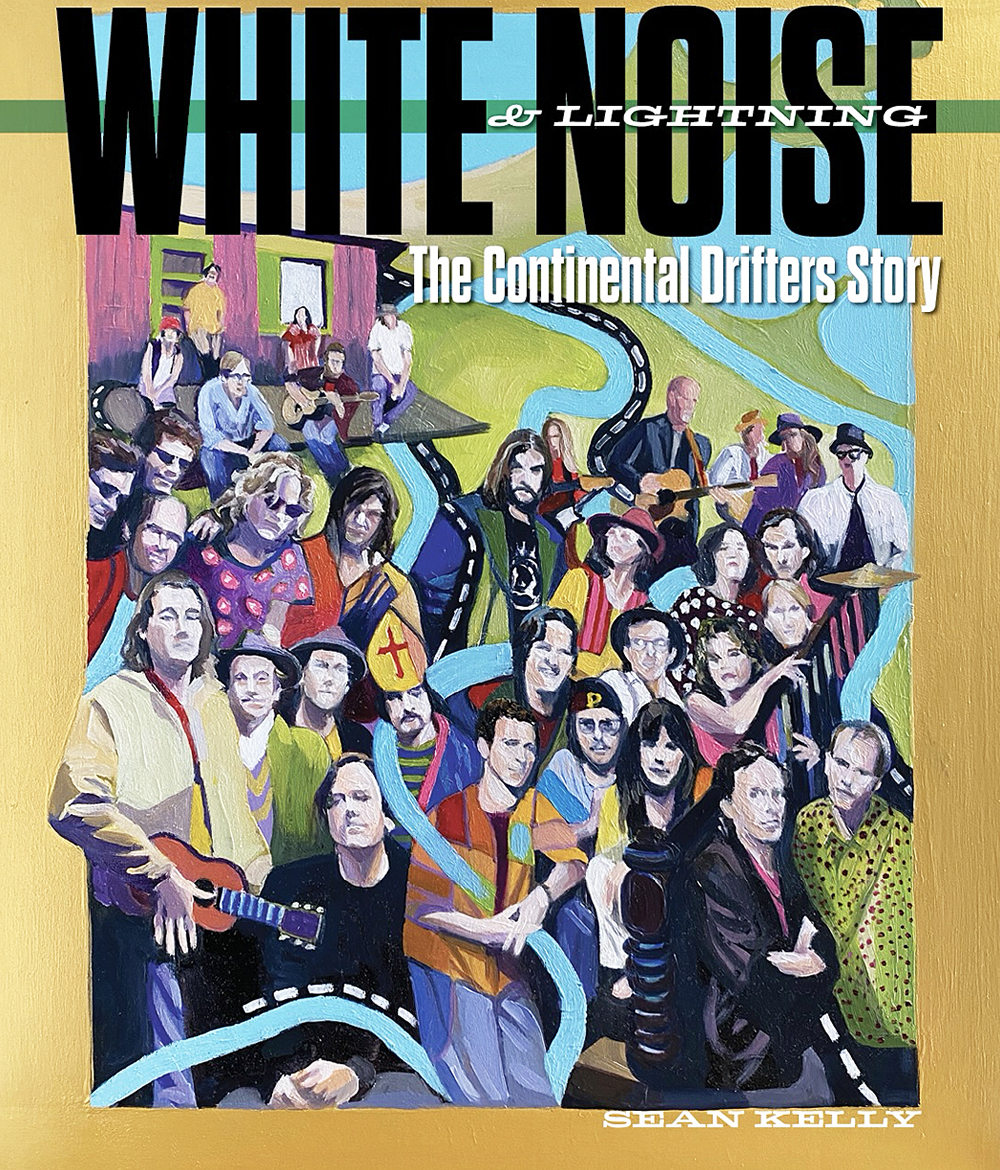
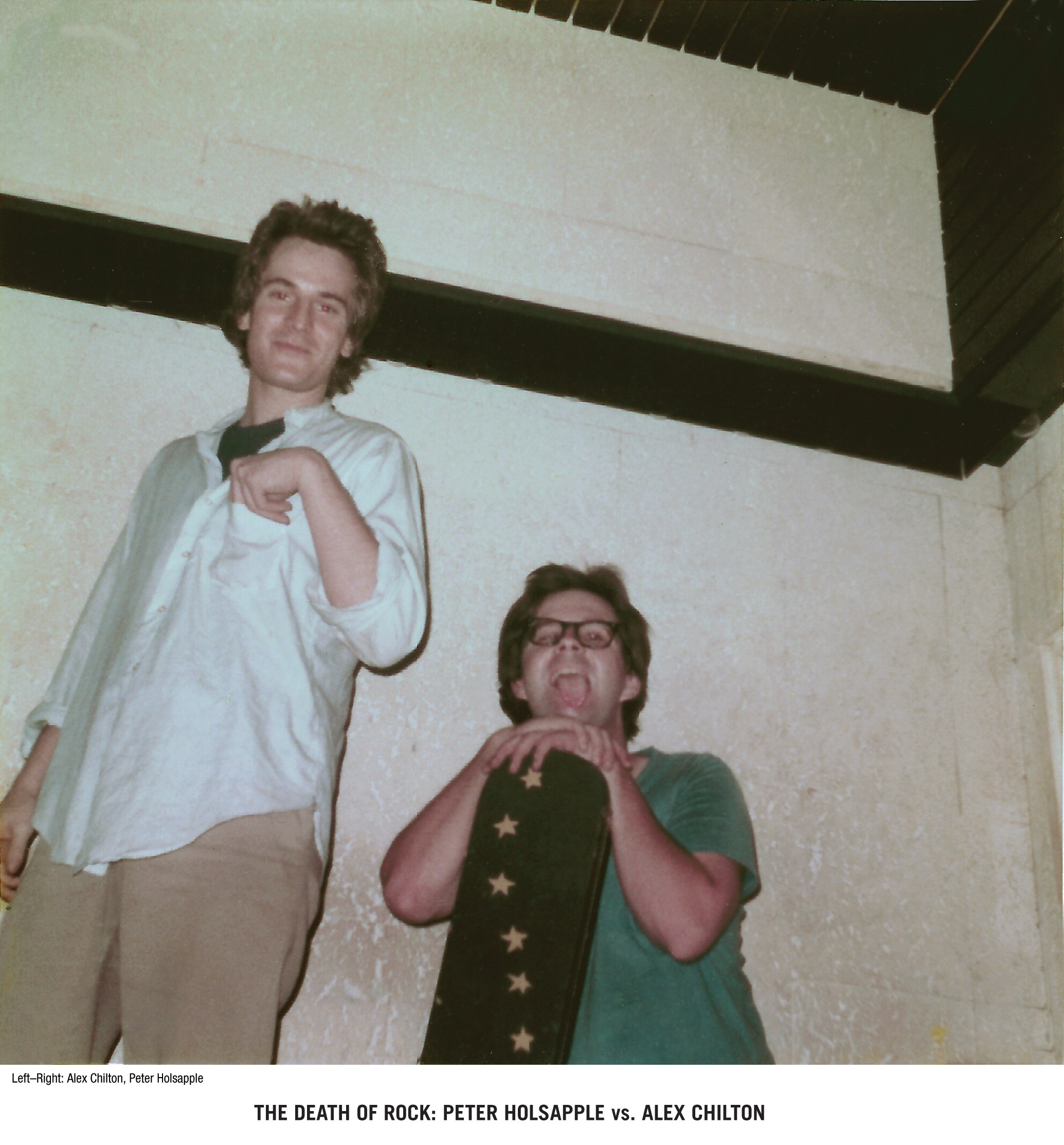
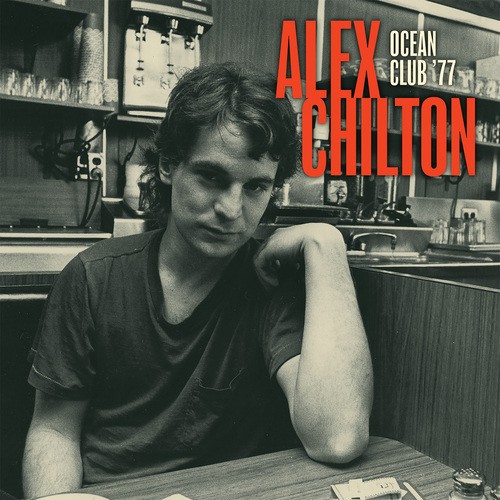 Norton Records
Norton Records 